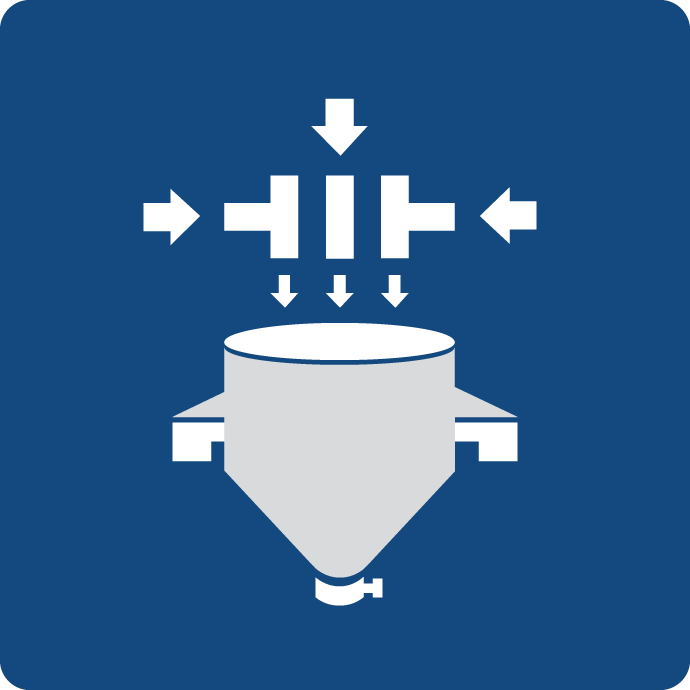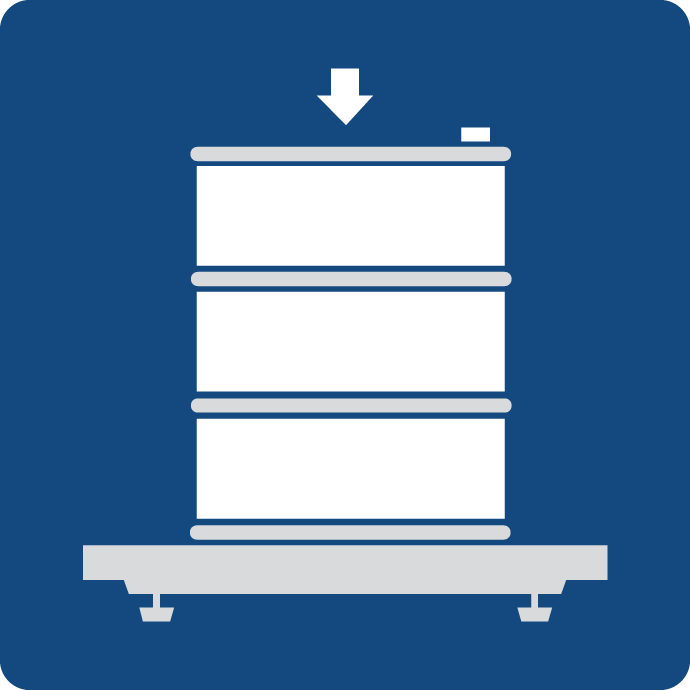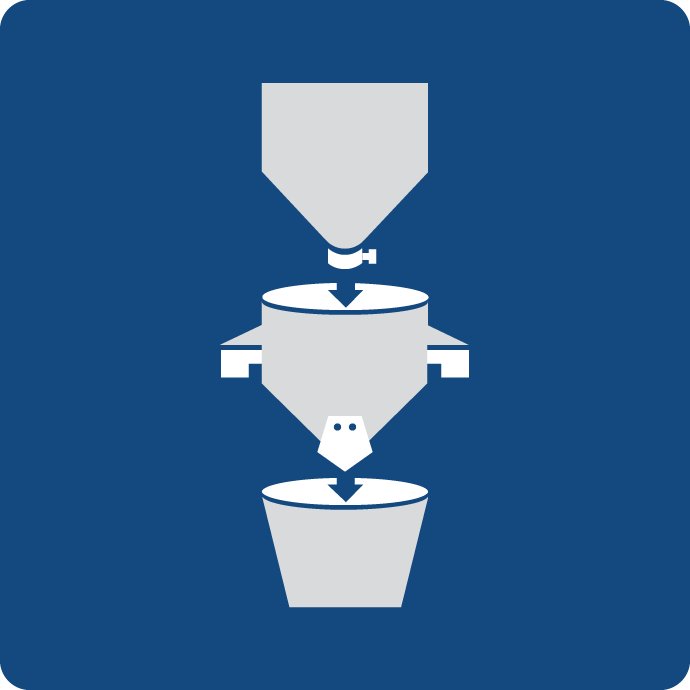Weighing systems are important for ceramic manufacturers to ensure accurate measurement of raw materials, precise formulation of ceramic mixtures, and quality control of finished products. Ceramics production involves various stages that require precise weighing for consistent product quality.
Here’s how weighing systems are used in the ceramic manufacturing industry:

Batching & Mixing System
Raw Material Weighing and Mixing. Ceramic production begins with accurately measuring and mixing raw materials to achieve the desired composition. These systems accurately measure and dispense various raw materials to create consistent ceramic mixtures.

Liquid Dosing System
Slip and Glaze Preparation. In slip casting and glazing processes, precise measurements of materials are crucial. These systems measure and dispense liquid materials such as slips and glazes for accurate formulations.

Tank Weighing
Tank weighing systems are commonly used in ceramic manufacturing to accurately measure the weight of liquids, such as waterglass (sodium silicate), stored in tanks or vessels. Waterglass is often used as a binder in ceramics and other industries, and precise measurement is crucial for consistent product quality and process control.

Loss-in-Weight Feeder
Loss-in-weight systems are commonly used in ceramic manufacturing to accurately control the dispensing of various materials, such as powders, additives, and liquids, during the production process. These systems are particularly useful when precise measurement and dosing are essential to maintain consistent product quality. It is commonly used for accurate batch dosing in ceramic formulation.

Truck Scale
Accurate measurement of incoming material from supplier for fair trading. Weighbridges are used to measure large quantities of material for trading purposes and make sure the quality control of bulk material.
Benefits of Weighing Systems in Ceramic Manufacturing:
Quality Assurance: Accurate measurements ensure consistent product quality.
Recipe Consistency: Precise weighing leads to consistent formulation of ceramic mixtures.
Efficiency: Accurate material dosing optimizes production processes.
Cost Control: Efficient use of raw materials helps control costs.
Inventory Management: Accurate inventory data aids in resource planning.
Waste Reduction: Proper measurement contributes to efficient waste management.
Regulatory Compliance: Compliance with product standards is supported by accurate measurements.
When implementing weighing systems in ceramic manufacturing, it’s important to choose equipment that suits the specific requirements of the materials and processes involved. Proper installation, regular calibration, maintenance, and operator training are crucial for accurate and reliable performance.

